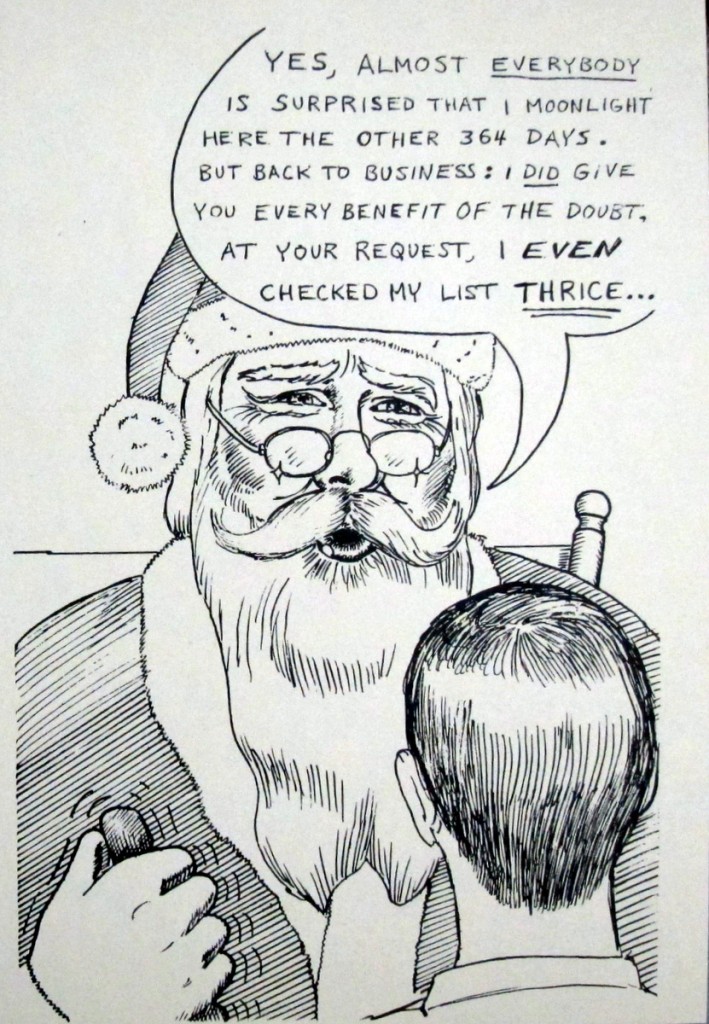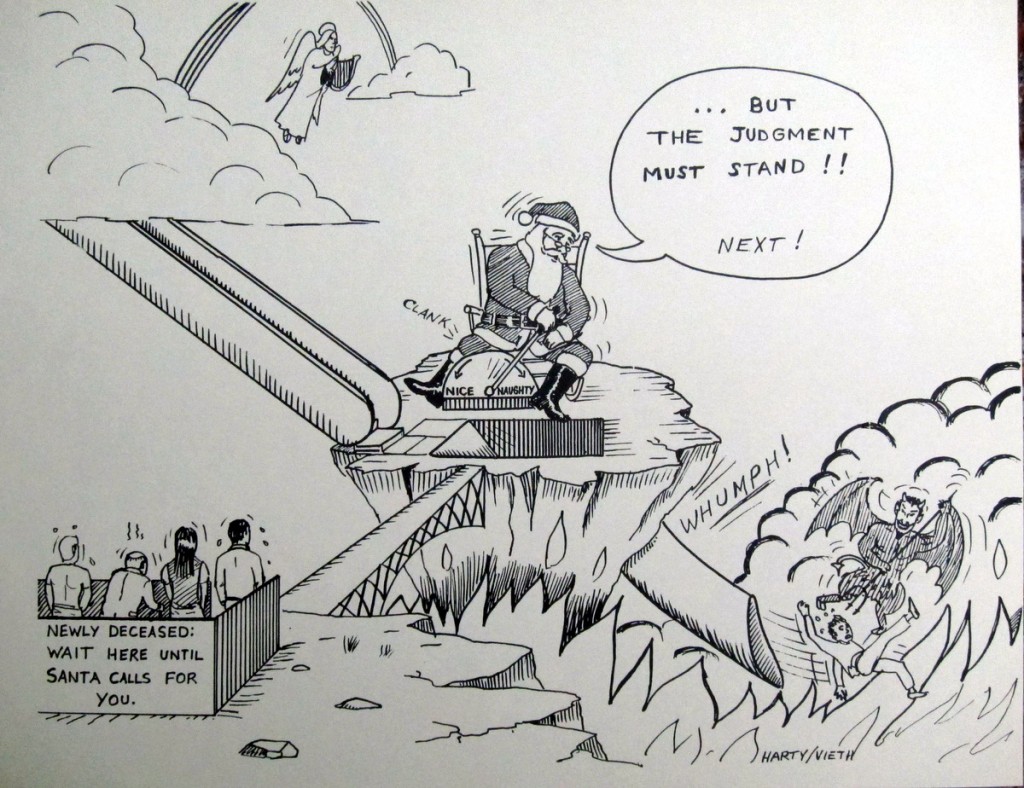Helen Pluckrose Discusses Obesity and Fat Shaming
It occurred to me to write this article because 'tis the season where we celebrate refined carbohydrates and overeating. Holiday eating automatically means a table filled with sugary treats. Here's another well-known fact: Here in the U.S. more than 70% of us are overweight or obese.
The thought of holiday sweets automatically puts me in defensive mode. I've substantially modified my eating and exercise routines several times during my life. I've once lost more than 30 pounds and I've lost more than 20 pounds twice. I know from experience that I need to consciously watch what I eat, make myself get on the scale several times each week and force myself to exercise. If I don't do these things, I inevitably gain at least 2 or 3 pounds each month. Over the course of 12 months, that can add up to more than 30 pounds. My personal struggles and hard-won successes probably explain my lack of patience with the common claim that being obese is something over which they have no control. Or the claim that obesity is something that can be healthy or even admirable. I bristle when I hear people accuse me of "fat shaming" when my careful words and motives focus purely on health issues faced by obese people.
or 3 pounds each month. Over the course of 12 months, that can add up to more than 30 pounds. My personal struggles and hard-won successes probably explain my lack of patience with the common claim that being obese is something over which they have no control. Or the claim that obesity is something that can be healthy or even admirable. I bristle when I hear people accuse me of "fat shaming" when my careful words and motives focus purely on health issues faced by obese people.
I've followed the writings of British writer Helen Pluckrose on many topics, including weight loss and "fat shaming." I follow her on Twitter and really enjoy her matter-of-fact upbeat attitude. Pluckrose currently describes herself as obese and indicates on Twitter that she is working on losing weight. In the attached 2019 article, "Big Fat Lies: The Fat Activism Movement is Risking Lives by Suppressing Obesity Research," she offers the facts first, then her opinions, regarding obesity and accusations of fat-shaming. For starters, according to WHO, most of the world's population "lives in countries where an excess of weight now kills more people than being underweight."
The accusation of "fat shaming" often begins with the false claim that overeating has little to do with obesity. Pluckrose does not buy this attempt to portray obesity as an immutable characteristic:
There are certainly plenty of people who insist they eat very little and yet are heavily overweight, but it’s hard not to notice that in regions where people genuinely don’t have enough to eat, none of them are obese. Similarly, people who tell us they are obese because of their genes do not seem to have answers for where all these obese genes suddenly came from as our grandparents’ generation did not have the same problem
[More . . . ]



